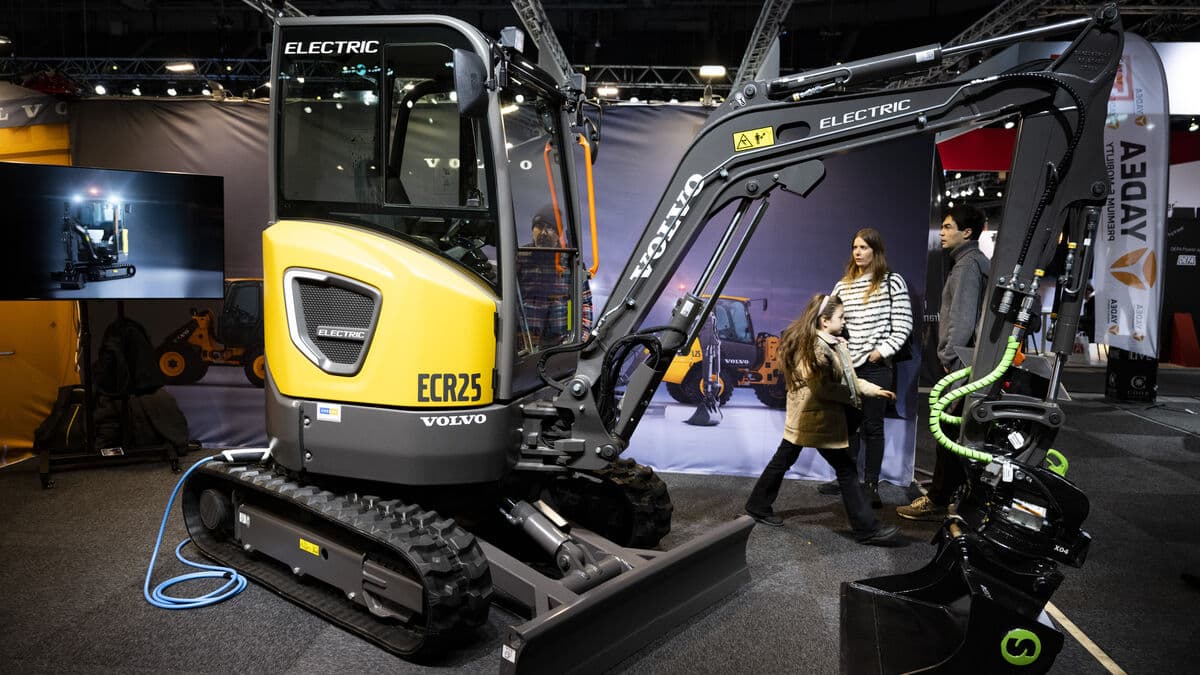What this means for the number of employees at Volvo CE in Eskilstuna is still unclear, according to Anne Bast, European Marketing Manager at Volvo CE.
"There's no figure we can give. It depends a bit on demand – that always determines production volumes," she tells TT.
Can start in 2026
The actual construction of the factory, which is conditional on environmental permits and building permits, is expected to begin in the first half of 2026.
The investment in Eskilstuna is estimated to cost SEK 700 million and follows Volvo CE's construction of excavator factories in the US and South Korea. The idea is that the Swedish factory will supply European excavator customers with machines.
"This strategic investment in future excavator production in Eskilstuna marks a new era for us and the Swedish industry. It will contribute significantly to strengthening Sweden's position as a leader in advanced sustainable manufacturing," says Volvo CE CEO Melker Jernberg in a press release.
Both electric and fossil-fueled machines
According to Volvo CE, both electric excavators and excavators with combustion engines in the 14–50 ton weight classes will be manufactured at the factory.
"The facility in Eskilstuna aims to meet growing European customer demand by increasing capacity and flexibility, and will enable reduced dependence on long-distance logistics, shorter delivery times, improved supply chain resilience and reduced carbon emissions," Volvo CE writes in the press release.
The Eskilstuna factory is part of the new investments totaling SEK 2.5 billion that Volvo CE announced in June this year.
Volvo CE is part of the trucking giant Volvo Group, whose B-share rose 1.4 percent in early trading on Monday. The stock has been moving sideways in the wake of a shaky year marked by tariffs and geopolitical unrest.






